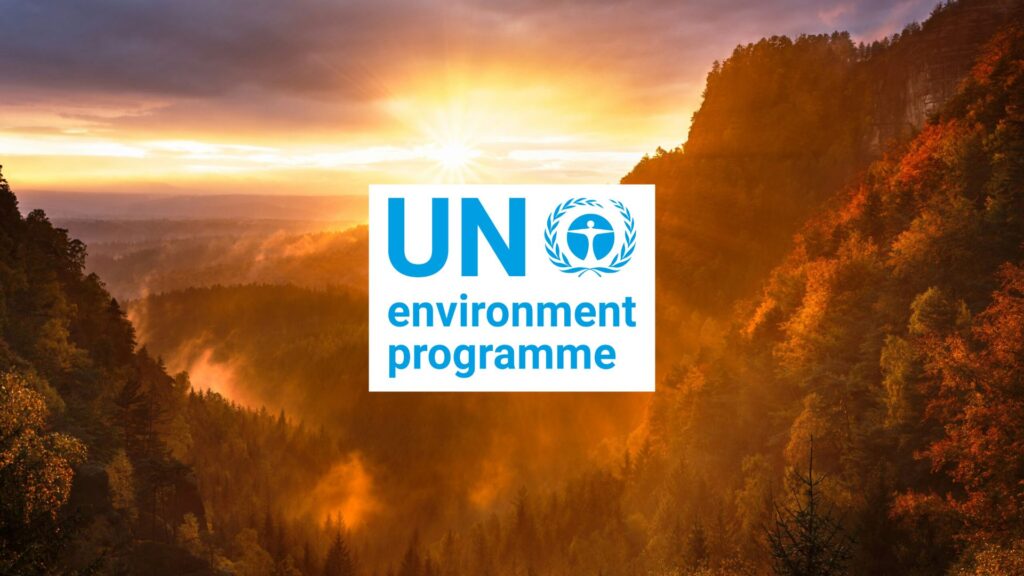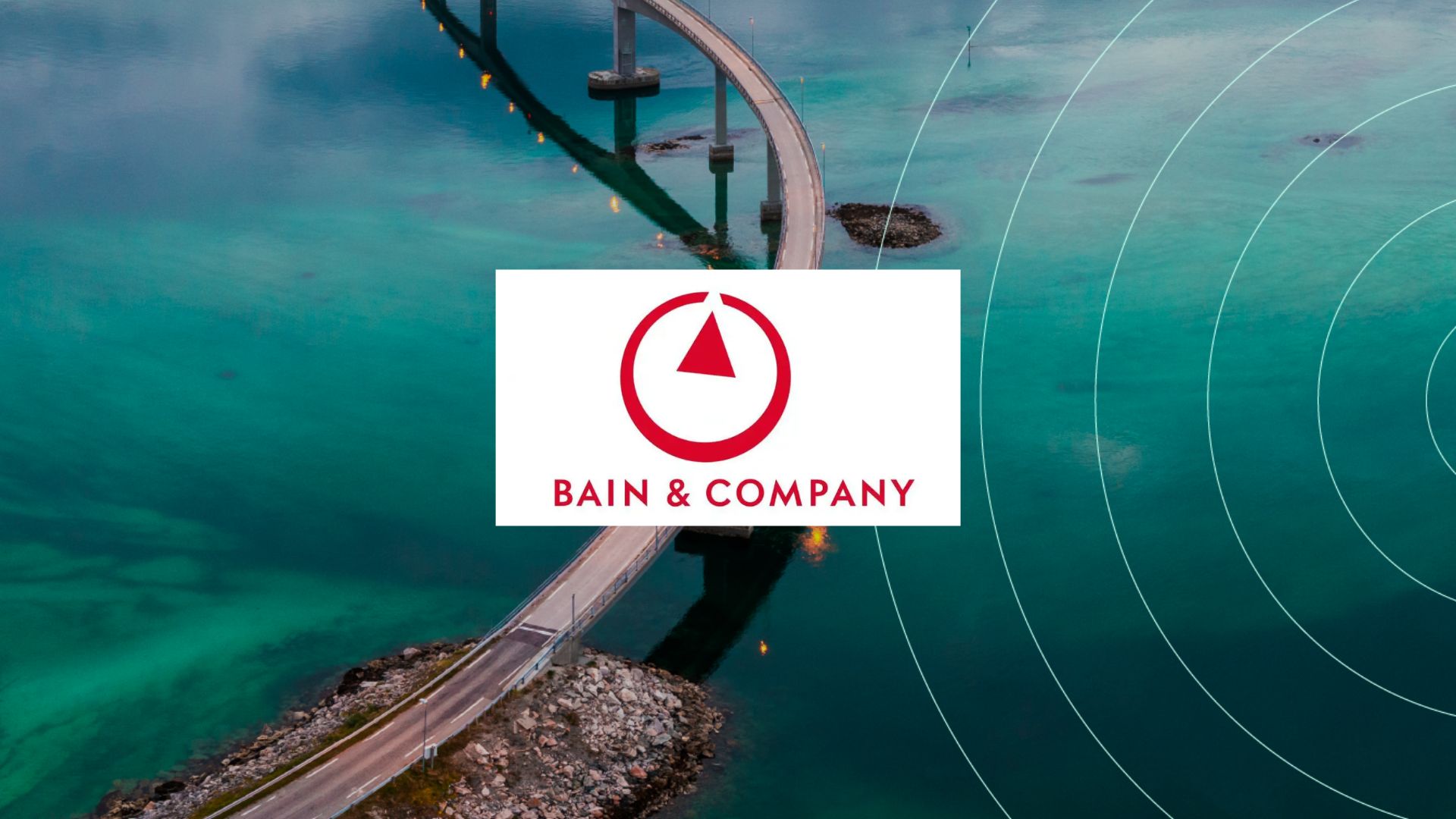New Climate Alliance for Insurance Transition to Net Zero Emerges Amid ESG Pressures

|
Listen to this story:
|
The insurance industry has a crucial role to play in combating climate change. Recognizing this, the United Nations Environment Programme (UNEP) recently launched a new initiative, the Forum for Insurance Transition to Net Zero (FIT), to accelerate voluntary climate action within the sector. This forum takes the place of the disbanded Net-Zero Insurance Alliance (NZIA).
Why the Shift to FIT?
The NZIA, while a significant first step, faced challenges. Butch Bacani, head of the insurance team at UNEP, explained, “The Forum for Insurance Transition to Net Zero is a new initiative altogether. It’s not simply a Version 2.0. It’s really a clean cut and a new structure.“
A key concern with the NZIA was its prescriptive nature. Some insurers, particularly in the US, felt the membership requirements, which included setting emissions reduction targets and reporting annually, were too rigid. These concerns, along with potential legal issues raised by Republican politicians in the US, led to an exodus of members from the NZIA, including major insurers like AXA, Lloyd’s of London, and Tokio Marine.
In response to these challenges, UNEP designed the FIT to be more inclusive and flexible. Bacani said, “We’re now moving into the direction of soft regulation and hard regulation, hence the diversity of stakeholders involved, that we believe are important in terms of embedding net-zero into day-to-day insurance decision-making and practice.“
A More Collaborative Approach
The FIT brings together a wider range of stakeholders than the NZIA. Founding FIT participants include 19 insurers and reinsurers, along with regulators, academics, and civil society organizations. This broader representation is expected to foster a more collaborative and effective approach to climate action within the insurance industry.
What FIT Aims to Achieve
The FIT has several key goals outlined by UNEP. A core focus will be developing frameworks and best practices for insurers to use in managing their climate risk and supporting the transition to a net-zero economy. This includes:
- Metrics and Targets: Establishing frameworks for measuring emissions and developing voluntary targets for insurers who choose to set them.
- Net-Zero Transition Plans: Creating a framework for insurance companies to develop their own net-zero transition plans.
- Real Economy Engagement: Collaborating with businesses from various sectors on their net-zero transition plans, with the goal of integrating climate considerations into insurance products and services.
- Insurance Solutions for Net-Zero: Addressing challenges and opportunities in developing insurance solutions, such as risk mitigation products, to support a net-zero economy.
- Sustainable Finance: Increasing the availability of insurance and finance for sustainable projects and activities.
By achieving these goals, the FIT hopes to make the insurance industry a powerful force in driving the transition to a net-zero emissions future.
A Look Ahead
The FIT is starting with a strong foundation of 46 founding organizations from around the world, with the expectation that more will join as the forum becomes fully operational. UNEP sees this as a critical step forward. “Through the FIT, UNEP will deepen and strengthen its commitment to work with the global insurance industry and key stakeholders to support the acceleration and scaling up of the transition to a net-zero economy,” the organization stated in a press release.
Related Article: Net-Zero Banking Alliance Tightens Guidelines for Banks’ Climate Targets
The success of the FIT will depend on its ability to effectively engage its diverse membership and translate its goals into concrete actions. If it can achieve this, the insurance industry has the potential to be a significant game-changer in the fight against climate change.






